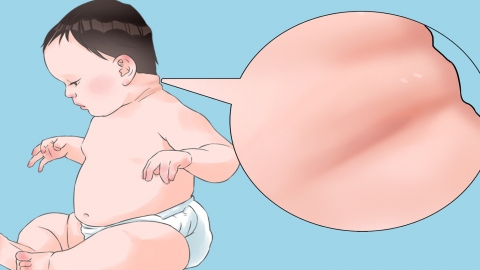Is a fetus with a large head and short legs indicative of Down syndrome?
Generally speaking, "Down syndrome child" refers to a child with Down syndrome. A fetus having a large head and short thighs does not directly indicate that it is a Down syndrome child. If there are concerns, it is recommended to seek medical advice in advance. Detailed analysis is as follows:

Children with Down syndrome may exhibit skeletal developmental abnormalities such as a large head and short femur due to chromosomal abnormalities. If these are accompanied by facial features such as wide-set eyes and a flattened nasal bridge, or heart defects identified through ultrasound, the likelihood of the fetus having Down syndrome increases significantly, and further diagnostic testing is required for confirmation.
A fetus with a large head and short thighs may also be a normal physiological phenomenon. For example, genetic traits from the parents might result in unique skeletal proportions in the fetus, or errors in calculating gestational age could lead to measurement discrepancies. These situations are generally unrelated to chromosomal abnormalities and do not indicate Down syndrome; follow-up examinations usually show normal development.
When a fetus is found to have a large head and short thighs, comprehensive evaluation combining multiple tests is necessary. Timely chromosomal testing should be conducted, avoiding assumptions based on a single indicator alone, to ensure an accurate assessment of fetal health.





